Graham Reid | | 4 min read
Derek and the Dominos: Have You Ever Loved a Woman?
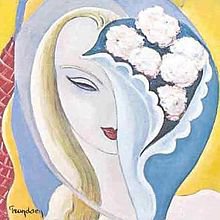
By the time Eric Clapton flew to Miami
in 1970 to record what would become the Layla and Other Assorted
Love Songs double album, he had spent six years in an emotional
wringer: he was the acclaimed guitarist in the Yardbirds before he
abruptly quit over dissatisfaction with their pop direction; took
time out; joined John Mayall in his Blues Breakers for one album and was
hailed in graffiti with “Eric Clapton is God” and then formed
Cream with Jack Bruce and Ginger Baker.
After that it was the short-lived Blind
Faith and Clapton – insecure about his gift, challenged by his
friend Jimi Hendrix, in love with George Harrison's wife Pattie, and
increasingly dependent on heroin – removed himself from the
frontline and in '69 joined up with the US rock'n'roll soul-style
revue band Delaney and Bonnie and Friends where could be almost
anonymous. (Harrison did much the same.)
When that band broke up in early '70
Clapton with Memphis-born keyboard player Bobby Whitlock, drummer/pianist Jim
Gordon and bassist Carl Radle – all Friends who had also been on
Harrison's sessions for his All Things Must Pass album –
gravitated towards each other. They played their first gig in June
1970 in London under the hastily chosen name Derek and the Dominos.
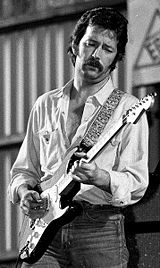 Within a few months they were recording
with Tom Dowd in Miami. They were loose sessions – with Duane Allman
invited by after Clapton caught the Allman Brothers Band in concert
down the road.
Within a few months they were recording
with Tom Dowd in Miami. They were loose sessions – with Duane Allman
invited by after Clapton caught the Allman Brothers Band in concert
down the road.
Out of such unpromising clay they
fashioned what many consider to be one of Clapton's most important
albums: it put him in touch with soulful American r'n'b as much as
the blues; allowed him to be collaborator rather than a leader; and
the physical distance from Pattie allowed him the opportunity to pour
out his feelings for her in the agonised Layla (I'm beggin' darlin' please"), which became the
album's most familiar piece and one of Clapton's finest works – and
included that long coda with Allman's slide over Gordon's piano.
Whitlock was a first among equals on
the sessions and his vocal is a counterpoint to Clapton's (It's
Too Late). He also providing the soulful organ and piano parts he
doubtless picked up from his days at Stax Studios.
Tracks like Keep on Growing have
a funky-country r'n'b edge and sound like the Band on speed, and on
Nobody Knows You When You're Down And Out (a blues standard)
Clapton confidently takes the vocal lead, as he does on Keys to
the Highway.
Layla wasn't the only song imbued by
his yearning for Pattie either, his own Bellbottom Blues
(terrible title) contains lines like “it's all wrong, but it's
alright” and “I don't want to fade away”. And of course there
is their version of Have You Ever Loved a Woman?
It is the loose but disciplined
playing, the reach from aching blues to free-flowing jamming with
Allman (as on the urgent Why Does Love Got To Be So Sad?)
which made the album such a cornerstone for Clapton – although not
many recognised it at the time.
It was met with indifferent reviews and
poor sales, until almost 18 months later when and edited version of
Layla took off as a single.
The band didn't last either: heroin and
whiskey took hold; Clapton was broken by the deaths of Hendrix (just
days after they recorded his Little Wing for the album) then
Allman (within months) and they never finished their second album.
Layla and Other Assorted Love Songs gets the big 40th anniversary reissue/remastered treatment: a single disc version; double disc with unreleased, live and remixed material. Very little repeats what was on the 20th anniversary three-CD edition.
There are the Spector-produced B-sides
Roll It Over (with Harrison) and Tell The Truth with
various Dominoes recorded during Harrison's All Things Must Pass
sessions; four songs from Johnny Cash's television show (including
Carl Perkins' Matchbox with
Perkins on rockabilly guitar); remixed tracks for the
unreleased album (the guitar-work on Snake Lake Blues and
their version of Willie Dixon's Evil are terrific); and two
jams on Got to Get Better in a Little While (the
longer version with Whitlock's vocals and keyboards overdubbed last
year).
There's also a four-CD with reproduction double vinyl, hardcover book, concert tickets, art print of the cover and so on.
Layla – the album – proved
Clapton wasn't God, but he was man with dark emotional depths – and
one helluva guitarist despite it all.
ESSENTIAL EARLY ERIC
Blues Breakers with Eric Clapton
(1966): Co-billing on an album of mostly blues standards where
Clapton's fiery or soulful playing was produced loud and raw. See here for a full consideration.
Cream; Disraeli Gears (1967):
Contained but not restrained by the studio this was psychedelic blues
at a peak.
Cream; Wheels of Fire (1968): One
album of studio material, the other of them live and notable for the
thrilling 17 minute version of Willie Dixon's Spoonful.
Eric Clapton; 461 Ocean Boulevard
(1974): Cleaned-up, no longer spinning out long solos and
covering I Shot the Sheriff. A new, relaxed Clapton.
Eric Clapton; Slowhand (1977):
Either a further disappointment (if you liked Cream) or a blues/hits
package if you liked Cocaine, Lay Down Sally and Wonderful
Tonight.
Eric Clapton; Just One Night (1980):
Double live of hits and blues, and some would say his last decent
album before being adrift in the 80s.
Eric Clapton; Crossroads (1988):
The cheater's guide to early Eric is this 63-song box set which takes
him chronologically from the young Yardbirds to covering cruisy JJ
Cale. Quite a journey. See here for a full consideration.

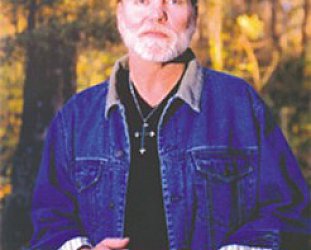
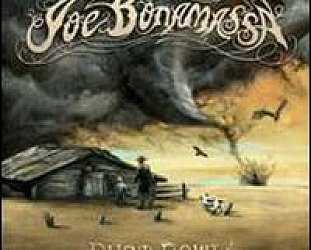
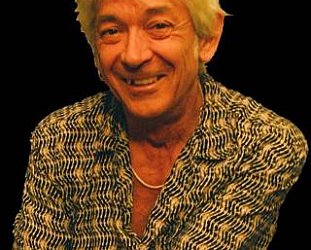
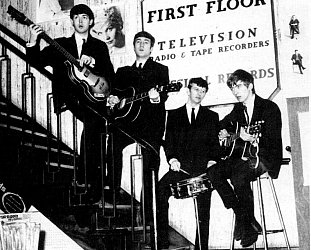
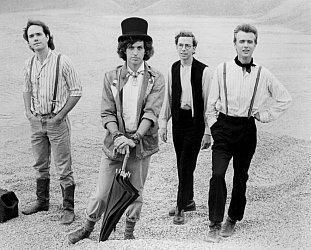
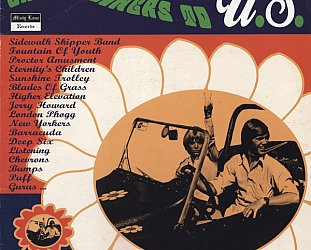
Graham - Apr 1, 2011
Bought mine from Amazon UK (£9.63 once the VAT is removed and free shipping if your order is over £25). Interestingly, rather than the nice shiny plastic Deluxe Edition oversleeve, a sticky band holding it together instead. At this price (under NZ$20), no complaints though.
Savepost a comment